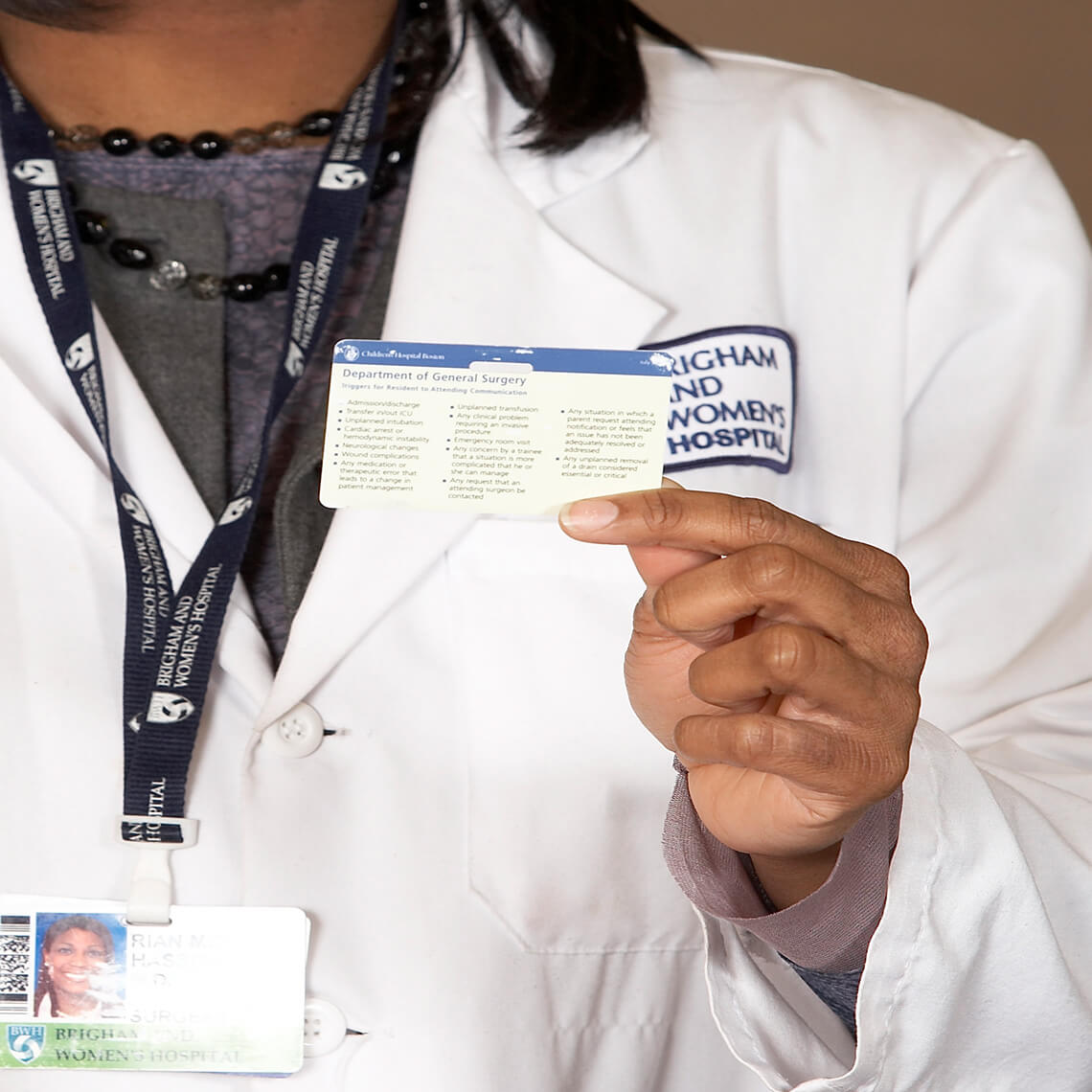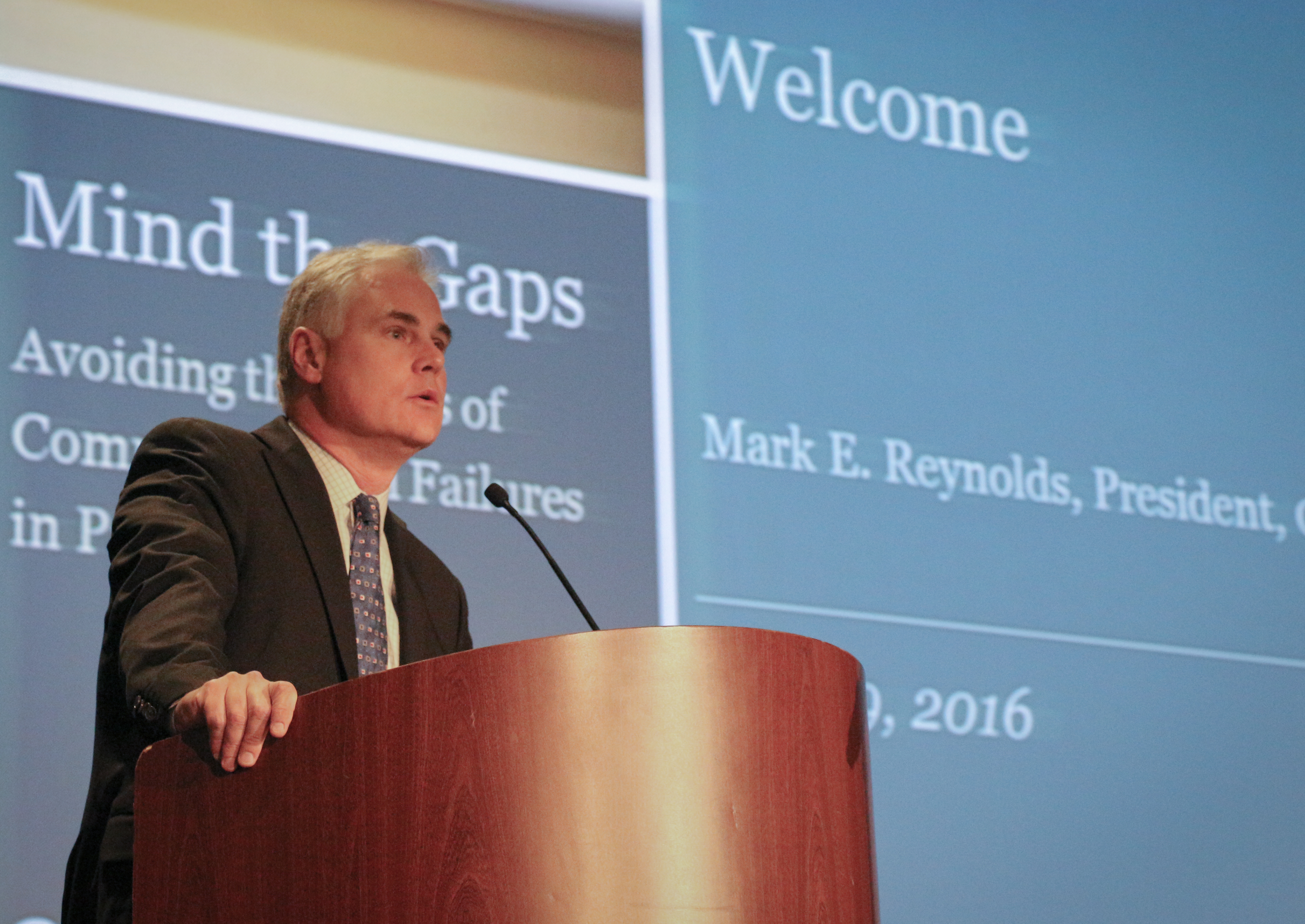Blog Post
January Safety Salute | MedStar Health Creating a Just Culture
This January, CRICO would like to deliver our Safety Salute to MedStar Health.
Each year CRICO produces a printed calendar that highlights patient safety initiatives made by members of our CRICO and the Candello community. It is a way to share success stories and engage in conversation. January 2015 features a quote from Terry Fairbanks, MD, MS, Director of the National Center for Human Factors in Healthcare at MedStar Health. MedStar has worked diligently over the years to create a just culture in their organization. Some of the results of this hard work and dedication to changing culture are demonstrated in MedStar’s video, Annie’s Story.
Terry and his colleagues have found other ways to engage and connect with staff and patients in their pursuit of the safest possible environment to deliver and provide care—Good Catch Mondays and Sixty Seconds for Safety are just two examples of some of the leader led changes underway at MedStar.
We continue to learn from MedStar and hope other organizations will too.

Related Blog Posts
Investing in Patient Safety


Mind the Gaps: Learning How to Avoid Miscommunication Pitfalls

Diagnostic Error: The Conversation Continues

